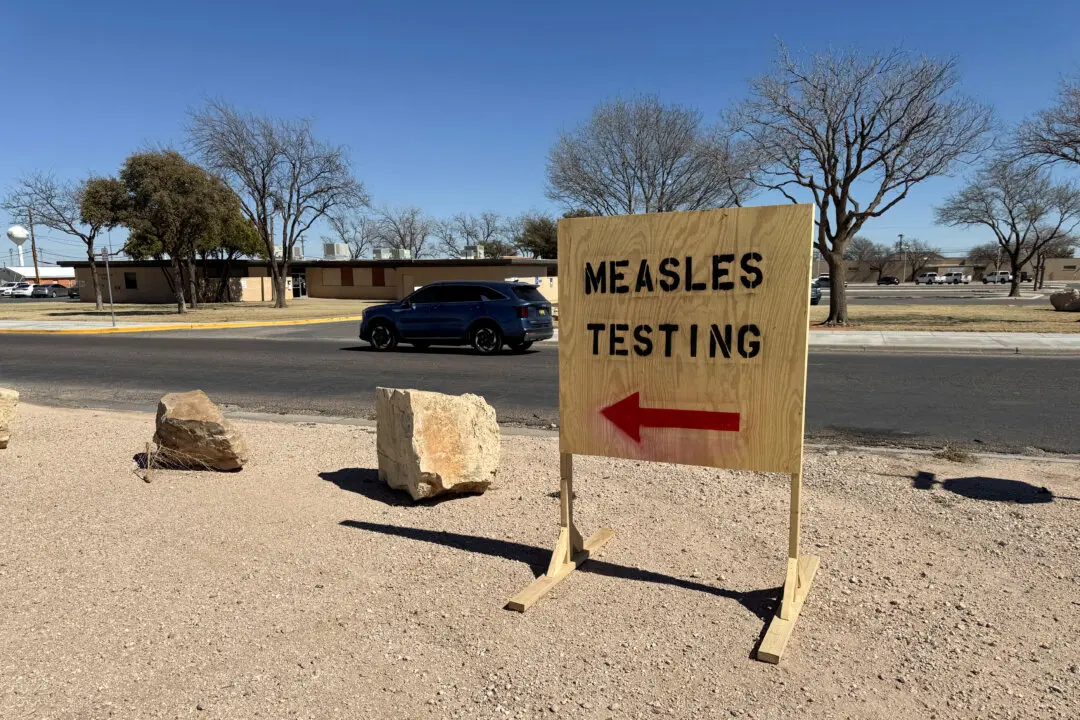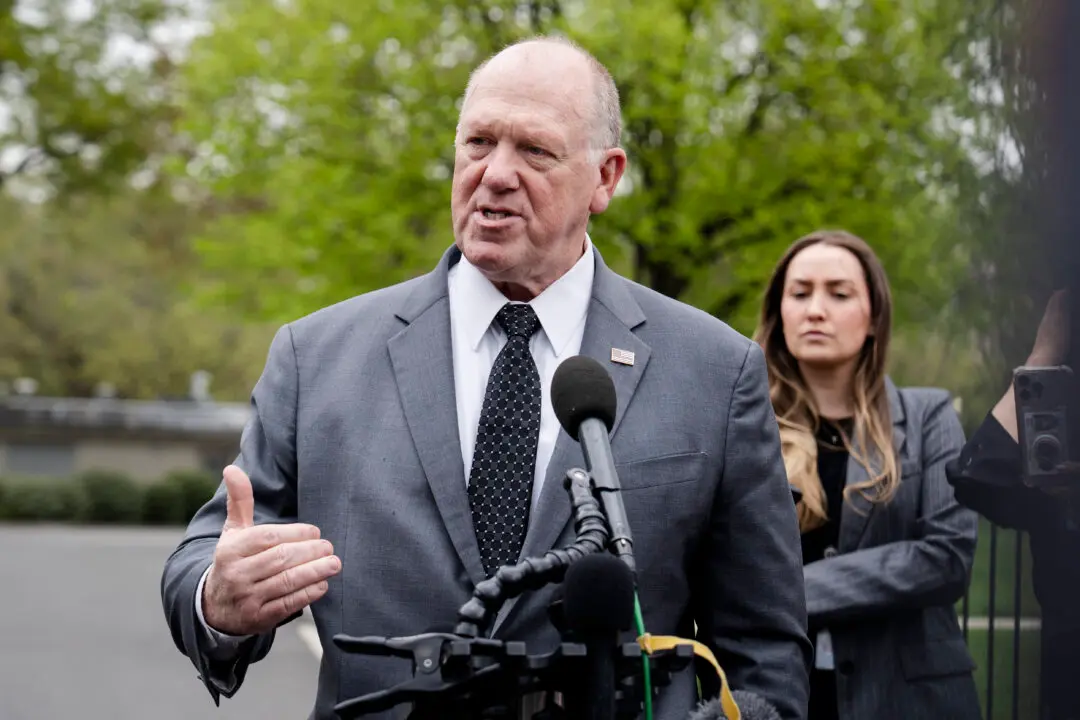CDC Director Rochelle Walensky told reporters Tuesday that the CDC is evaluating whether to change its policy by having travelers to the United States test for COVID-19, the disease caused by the CCP virus, closer to their departure as well as “additional post-arrival testing and quarantine” measures. The CDC is working with airlines to obtain information on passengers for contact tracing should the need arise, she continued.
“Based on the data ... the medical team will make a recommendation on any changes to international travel policy,” Jeff Zients, President Joe Biden’s COVID-19 response coordinator, told reporters.
The CDC is also expanding its surveillance at four major international airports in a bid to determine whether Omicron is present in travelers into the United States, Walensky said. The surveillance measures will be implemented at the Hartsfield-Jackson Atlanta International Airport, John F. Kennedy International Airport in New York City, Newark Liberty International Airport in New Jersey, and San Francisco International Airport.
“This program allows for increased COVID testing for specific international arrivals,” Walensky continued, “increasing our capacity to identify those with COVID-19 on arrival to the United States and enhancing our surveillance for the Omicron variant.”
Already, the federal government imposed travel restrictions on eight southern African nations due to the Omicron variant, which was first discovered in South Africa and Botswana earlier this month. Those restrictions went into effect starting Monday at 12:01 a.m.
The U.S. has not detected a case of Omicron, according to the CDC in a recent update. At least two cases have been confirmed in Canada.
There have been no confirmed deaths associated with Omicron so far. In a series of updates, the World Health Organization (WHO), which named the variant, said Omicron has the potential to have a high transmissibility rate but stressed that little is still known.
Nonetheless, in addition to the United States, the European Union, and a number of other countries have rolled out travel curbs to and from southern African nations. Japan, Morocco, and Israel took an especially hardline stance by banning all foreign travelers to the country.
But he added, “I am equally concerned that several member states are introducing blunt, blanket measures that are not evidence-based or effective on their own, and which will only worsen inequities.”
“Flight bans have been imposed on southern African countries, but so far only two have detected the new variant. Meanwhile, countries in other regions have reported cases of Omicron,” said Dr. Matshidiso Moeti, the WHO Regional Director for Africa, in a statement.





